- Current projects
- Student thesis projects (see below)
- Postdoctoral research fellowships
- Completed projects
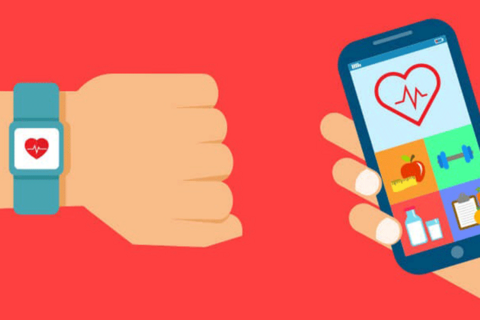
Scaling mHealth and wearable technology in Canada
Scaling mHealth and Wearable Technology within the Canadian public healthcare system is a very complex issue that involves various stakeholders. There are certain gaps associated with the perception of risk when it comes to ideating, prototyping, deploying certain healthcare focused technologies. Academic research on commercialization factors behind mHealth and the use of wearable technology is relatively a new field, and there is significance behind defining and further understanding this part of the healthcare system as this is where the future of healthcare is going to head towards.
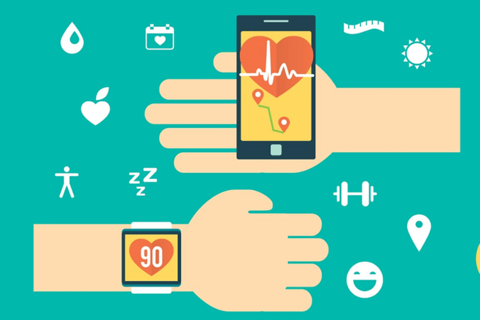
Climate change healthy behaviour monitoring using Internet of Things (IOT)
Climate change is the biggest threat to humans in the 21st century, and with global warming already occurring, we must prepare to live in a warmer climate that will experience more frequent, intense and longer extreme heat events (Patz et al., 2005)(Costello et al., 2009). The UbiLab has a research partnership with ecobee, a Canadian smart thermostat company, and access to over 110,000 household temperature records from across North America. The use of this unobtrusive, commercially available monitoring system in Canadian homes would overcome barriers such as cost, and enable long periods of data collection that could save lives.
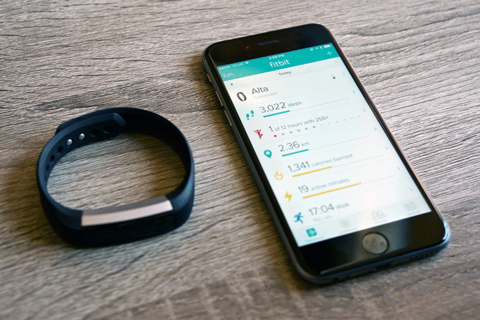
Public health surveillance of behavioral risk factors for chronic diseases in Canada using big data from internet of things and artificial intelligence
Public health surveillance has developed in recent years as technology has progressed to deliver the requirements of such a system. However, there is still room for innovation in the types of technologies that are developed, used, and implemented. The solutions provided in this study can expand beyond typically defined features and be used for more holistic health monitoring purposes at population level.

Dashboarding for complex datasets: a human-factors approach
Big data is changing the way data assessment is done. The challenges in dealing with complex datasets are present throughout the whole data pipeline, especially in the healthcare domain. Technical limitations (e.g. database structure, programming language, etc.), as well as ethical implications (e.g. privacy and consent), impose constraints, creating siloed databases, and, therefore, making it technically hard to integrate and combine information. Ultimately the main goal, from a healthcare standpoint, is to achieve a holistic understanding of the patients’ condition.
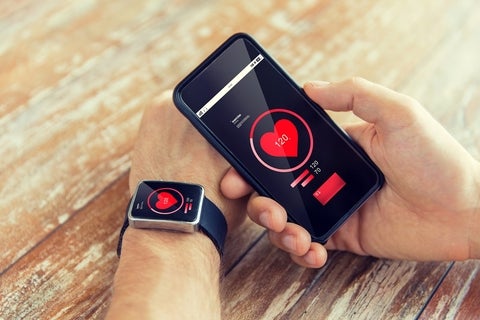
Mobile health platform for population-level health surveillance
In Public Health, surveillance is defined as the ongoing collection, analysis and dissemination of data to improve population health. Ultimately, this project will help to decrease costs and improve logistics, allowing researchers access to large and diverse participants. In addition, special attention will be paid to usability issues concerning older populations, so that they can benefit from the solution and be encouraged to keep track of their health, sustaining a healthy behaviour and lifestyle and gracefully age in place.
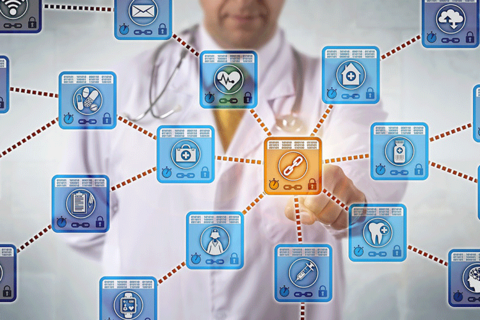
Dynamic consent interoperability resources
The COVID-19 pandemic demonstrated the need for rapid implementation of nation-wide public health interventions and access to personal data from the general population for academic and industry research. Personal data is any information collected from a data subject's devices (e.g., smartphones, sensors) that can reveal their identity. This research aims to create a Dynamic Consent Standard (DCS) describing data formats and elements (Resources), and an Application Programming Interface (API) for exchanging dynamic consent information between research stakeholders.

The use of IoT and big data by public and global health agencies to quantify adverse outcomes and health impacts of air pollution
Air pollution is a major global public health challenge responsible for numerous health issues in children and deteriorating environmental conditions with adverse outcomes on people’s health (Sofia, Gioiella, Lotrecchiano, & Giuliano, 2020). The purpose of this project is to create a real-time, crowdsourced, IoT-based air quality monitoring ecosystem using IoT sensors. In doing so, these data can then be used by the national public health agency to expedite the necessary steps to mitigate the adverse impacts of air pollution.

The future of AAL: Exploring the continuum between AAL technologies, AAL services, and smart communities
This project is a collaboration between the University of Waterloo and the CSA Group with the objective of better understanding the requirements of AAL and smart technology use in the care of older adults. We are exploring the continuum connecting AAL technologies, healthcare service provision, and smart communities by researching existing work, conducting interviews with stakeholders in older adult care and AAL technology development, and collaborating with industry and research partners. With the help of these findings, we will provide guidelines, checklists, and propose new standards for current and future smart communities seeking to implement AAL technologies at a community level.
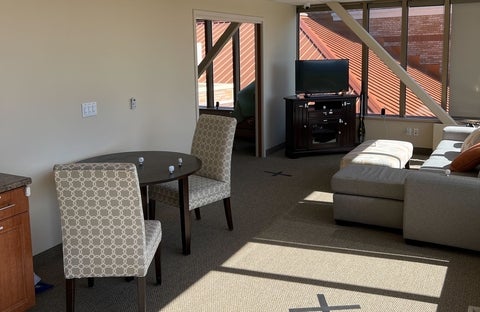
Support Healthy Aging with Smart Home Technology: A data ecosystem for Elderly Healthcare Monitoring
This project is a collabration between researchers from the Research Institute for Aging in Waterloo, two smart home technology companies (Swidget and SmartONE), with the aim of developing a smart home based data ecosystem to support independent living for older adults in Canada. In this project, we propose the development of an ecosystem to aggregate data from existing smart home technologies coupled with machine learning algorithms to detect anomalies in everyday behaviours. A remote monitoring platform would notify caregivers or family members when an expected behaviour is not observed, or a sensor reading is out of normal bounds. This project will enable caregivers and care providers to use smart home sensor data to monitor family members living independently.